
Your pastor probably won’t tell you this, but Hollywood and Renaissance painters have been secretly rewriting biblical history. Those “facts” you learned in church? Many of them never appeared in actual scripture. Pop culture has done such a convincing job that fiction now feels like divine truth. So let’s talk about the surprising scriptural myths that need exposing.
The Bible Was Written In English

Contrary to popular belief, the Bible wasn’t originally written in English. Ancient scribes actually used Hebrew, Aramaic, and Greek. And the famous King James Version came along in 1611, while John Wycliffe, an English theologian, created the first complete English translation centuries earlier. Today, we have hundreds of English versions available.
The Bible Condemns All Intoxicating Drinks
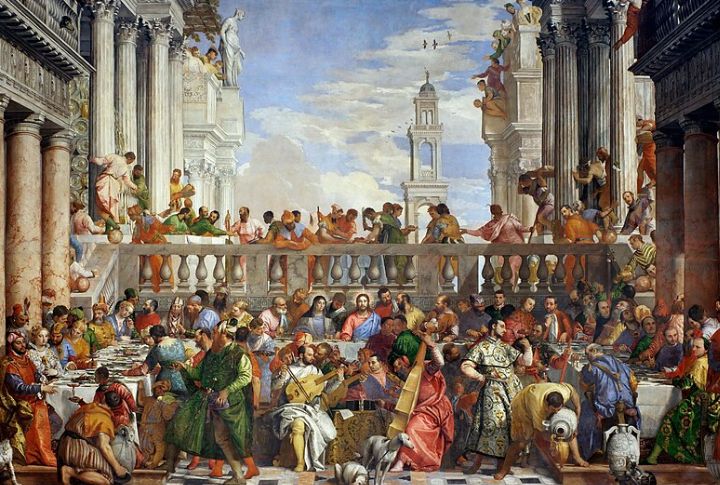
Many assume the Bible forbids strong drink, but that’s not entirely true. Wine was practical when water was unsafe. Paul, an early Christian missionary, even advised his mentee Timothy, a young church leader, to use wine medicinally. Plus, Jesus turned water into wine at Cana. The message focuses on moderation and not total prohibition.
The Serpent In Eden Was Satan

In Genesis, written in Hebrew, the serpent is not directly identified as Satan. The idea that it represents the Devil comes later—Revelation refers to “that ancient serpent, who is the Devil and Satan.” Even then, some ancient writings, like 1 Enoch, link the serpent to other supernatural beings.
The Bible Says There Were Three Wise Men
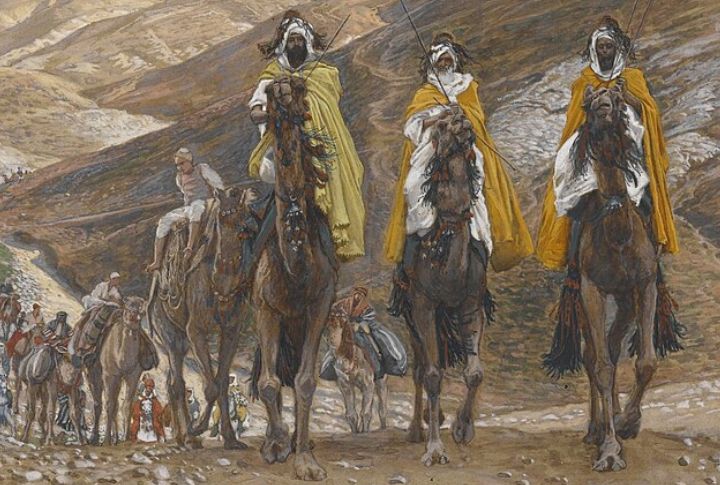
Three gifts led to assumptions about the three wise men: gold, frankincense, and myrrh. However, the Bible never specifies how many Magi visited Jesus. Eastern Christian tradition suggests twelve visitors, while the popular names Caspar, Melchior, and Balthazar appear nowhere in scripture.
The Bible Was Meant To Be Read Literally
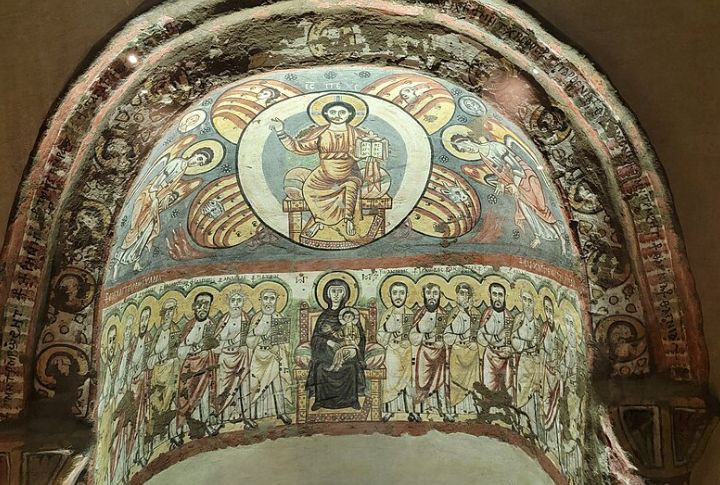
Not everything in the Bible is meant literally! You’ll find poetry and metaphors throughout. Just look at Revelation’s wild imagery or Jesus’s parables—they’re teaching deeper truths. Even early church leaders got this, too, usually reading scripture allegorically rather than word-for-word.
The Bible Predicts The Exact End Of The World
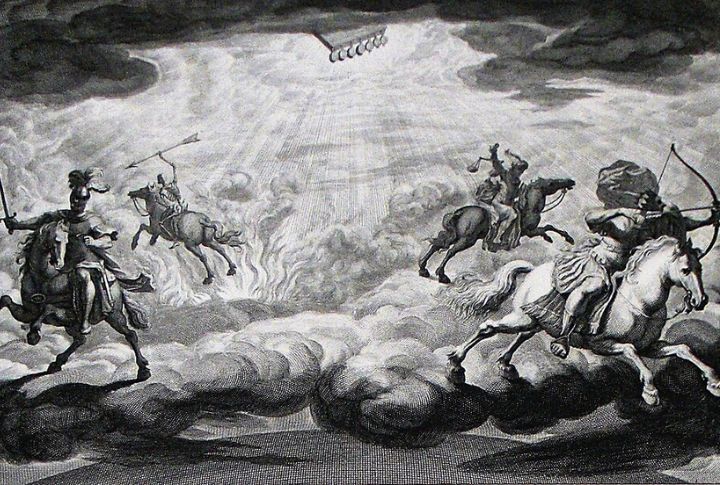
Scholars say that the Bible’s apocalyptic passages are full of vivid symbols and imagery, and not exact timelines. The Bible never specifies an exact date for the end of the world, yet many failed predictions persist. Jesus himself emphasized that “no one knows the day or the hour.”
The Bible Was Written By God Himself

Biblical manuscripts came from numerous human authors working across centuries. Though the Ten Commandments were inscribed by the “finger of God” on stone tablets, most texts reflect divine inspiration through human writing. Additionally, many biblical books developed as collections of songs, laws, and letters.
The Forbidden Fruit Was An Apple

The Bible never actually says what kind of fruit was in Eden. Ancient Jewish traditions suggest it could have been a fig, grape, or pomegranate. And the idea of an apple became popular in Western art, partly because the Latin word “malum” can mean both “evil” and “apple.”
The Ten Commandments Are The Same In Every Bible
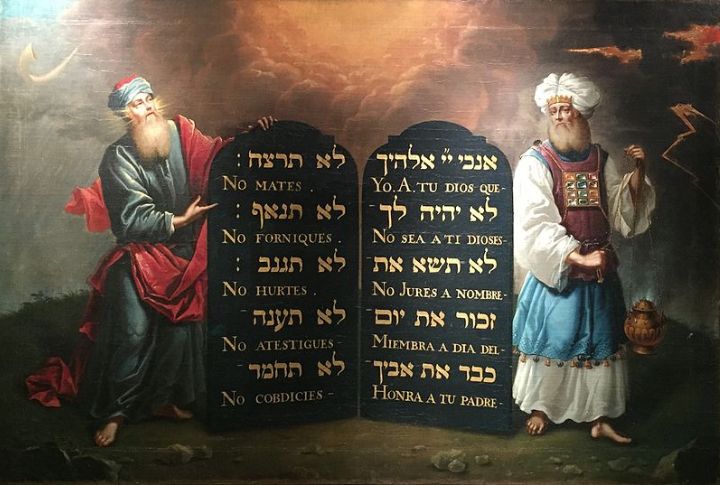
You know what’s funny? The Ten Commandments aren’t numbered the same way across religions. Yes, they’re in Exodus and Deuteronomy, but Catholics do their thing, Protestants do theirs, and Jews have their own system. They handle the coveting and idol parts totally differently.
Jesus Was Born On December 25th

Many people celebrate Jesus’ birthday on December 25th, but the Bible never gives an exact date. Early Christians actually marked his birth on different days, like January 6th. And the December 25th date came centuries later, likely because it lined up with Roman festivals like Saturnalia, making it easier for people to join the celebration.

